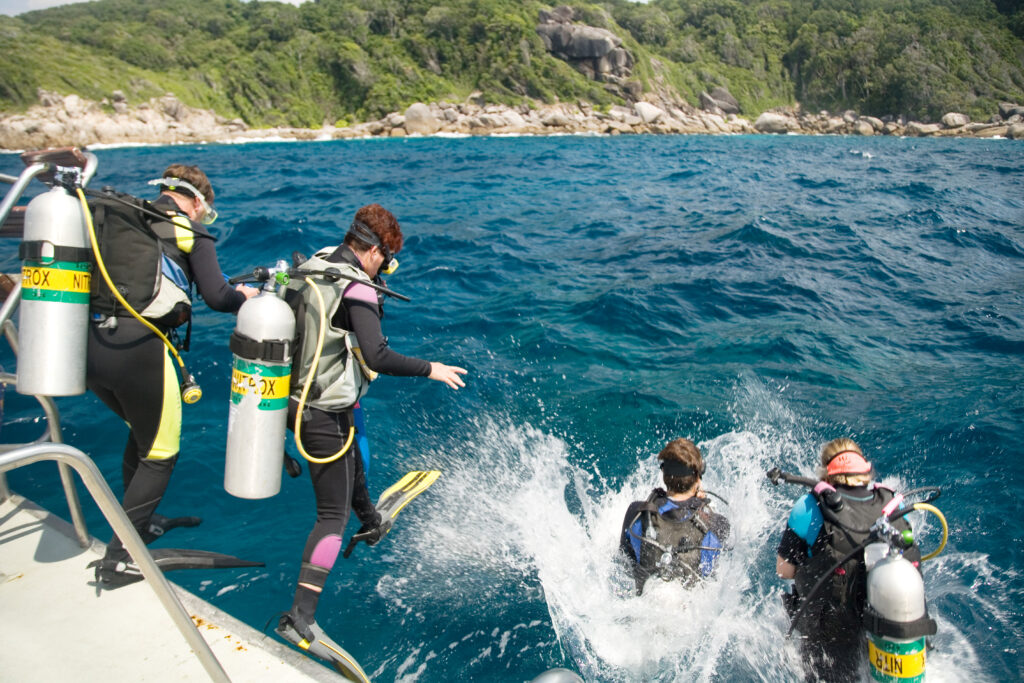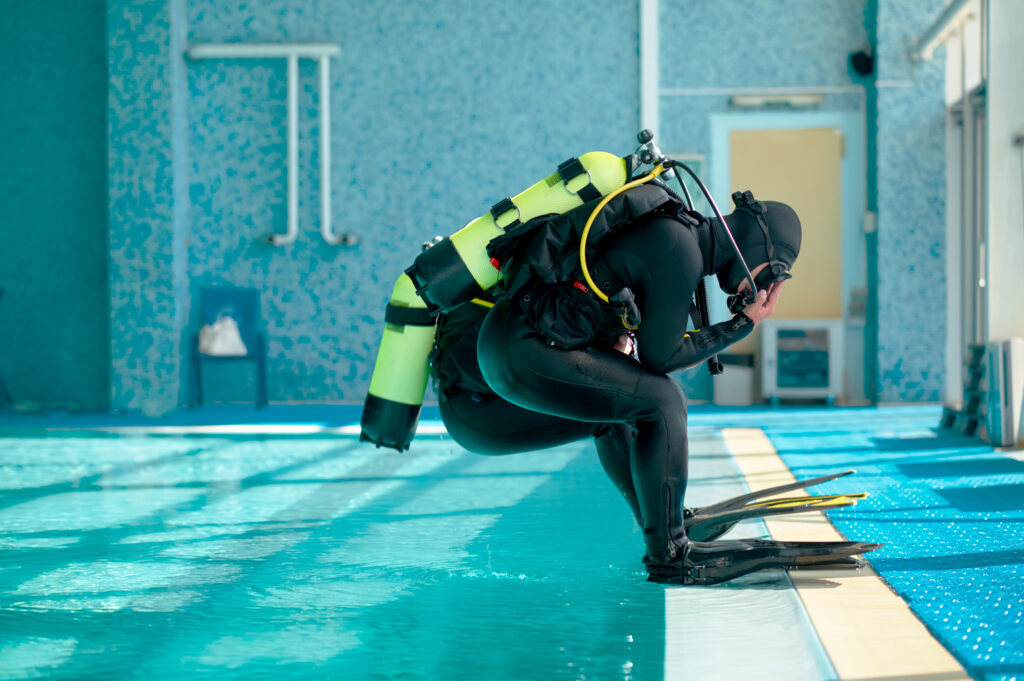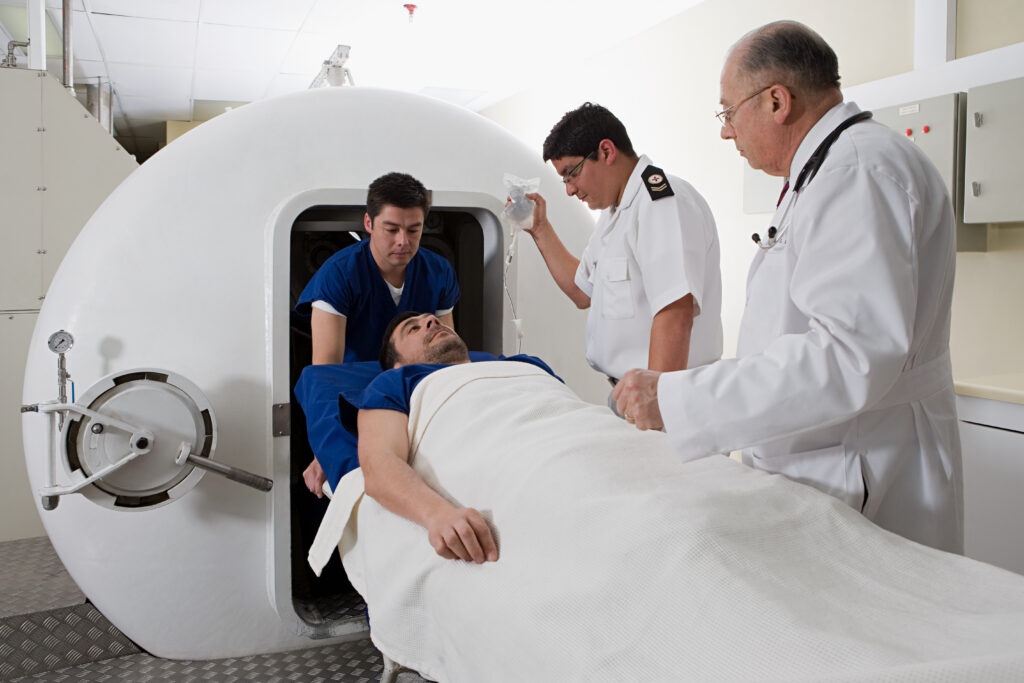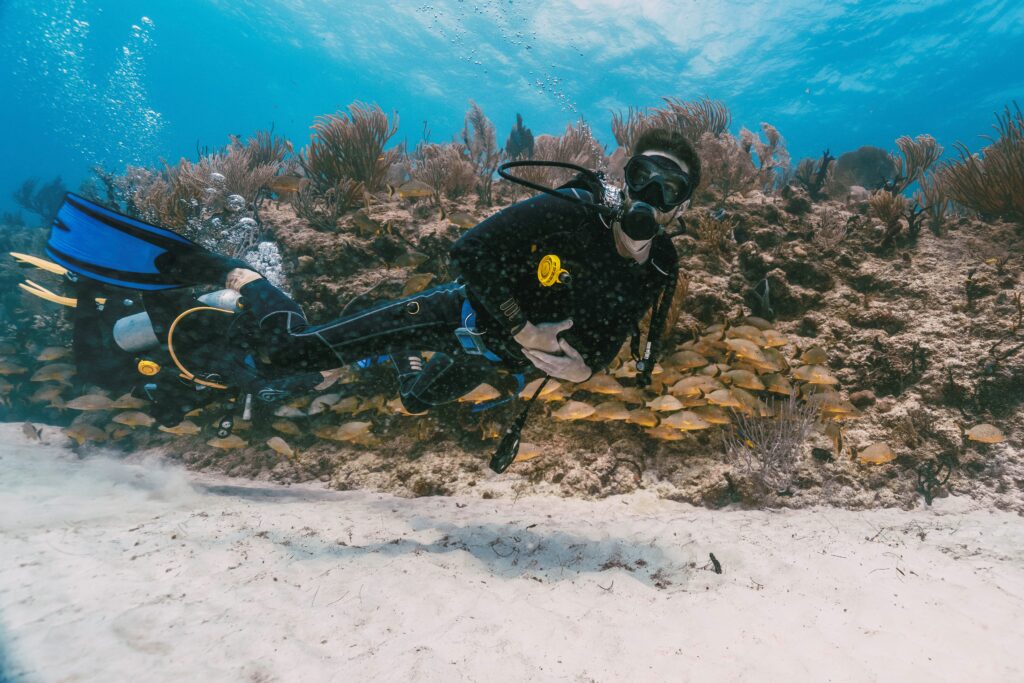What is the National Association of Underwater Instructors (NAUI)?

The National Association of Underwater Instructors (NAUI) is a globally recognized non-profit organization dedicated to scuba diving education and training. Established in 1959, NAUI has been instrumental in shaping the standards and practices of the diving industry, promoting safety, education, and environmental awareness. With a commitment to providing high-quality training and fostering a community of well-informed and responsible divers, NAUI has become one of the most respected certifying agencies in the scuba diving world.
What is Scuba Schools International (SSI)?

Scuba Schools International (SSI) is one of the leading organizations in the scuba diving industry, recognized globally for its comprehensive training programs and dedication to safety. Founded in 1970, SSI has grown to become a trusted name among diving enthusiasts and professionals alike. With a commitment to providing high-quality education and ensuring the best possible diving experiences, SSI has established itself as a cornerstone of the scuba diving community. This entry explores SSI’s history, mission, certification programs, training methodologies, global presence, safety standards, environmental initiatives, and community feedback to provide a thorough understanding of its impact and contributions to the scuba diving world.
What is Scientific Research in Scuba Diving, Freediving, and Snorkeling?

Scientific research in aquatic environments encompasses a wide range of methodologies and disciplines, including marine biology, oceanography, and environmental science. Within this broad spectrum, scuba diving, freediving, and snorkeling serve as vital tools for researchers. These diving methods allow scientists to observe and gather data in underwater environments that are otherwise inaccessible. This entry delves into how each diving technique contributes to scientific discoveries and conservation efforts, highlighting their unique advantages and the specific methodologies employed.
What is a Hyperbaric Chamber?

What is a Hyperbaric Chamber? A hyperbaric chamber, also known as a decompression chamber, is an air-tight, pressure-controlled enclosure designed to simulate varying ambient pressures, either at altitude or at depth, for a range of medical, scientific, and diving-related applications. Hyperbaric chambers can be mobile or stationary and are operated by trained technicians. They consist […]
What is a Scuba Diver?

What is a Scuba Diver? A scuba diver is a person who engages in the recreational or professional activity of swimming underwater using SCUBA equipment. The term “scuba” is an acronym for “self-contained underwater breathing apparatus,” which allows scuba divers to breathe comfortably beneath the water’s surface while exploring the aquatic world at their leisure. […]
What is Scuba Diving?

Scuba diving is a recreational and professional activity where individuals explore underwater environments using self-contained underwater breathing apparatus (SCUBA) equipment. This equipment allows divers to stay underwater for extended periods, enabling them to experience marine life, shipwrecks, caves, and other submerged wonders. The ability to explore these otherwise inaccessible areas has made scuba diving a popular pursuit for adventure enthusiasts, marine biologists, and professional divers alike. Since its modern development in the 20th century, scuba diving has attracted millions of people globally, offering a unique blend of excitement, discovery, and tranquility beneath the waves.
What is the Association of SCUBA Service Engineers and Technicians?

The Association of SCUBA Service Engineers and Technicians (ASSET) is a professional organization that plays a crucial role in the global scuba diving industry. This association works in close cooperation with the Health and Safety Executive (HSE) to set and uphold competence standards for technicians who maintain and service scuba equipment. ASSET’s work ensures the highest levels of safety and operational excellence within the field of scuba servicing and engineering. Through its training programs and certifications, ASSET fosters professionalism among diving technicians, providing a trusted framework for safety in an industry where equipment reliability is paramount.
What is Absolute Pressure in Scuba Diving Context?

Absolute pressure, a term frequently used in the field of scuba diving, refers to the total static pressure at a particular point. It is a vital concept that divers need to understand and appreciate to ensure safety during their underwater adventures. In technical terms, absolute pressure is the sum of the atmospheric pressure and the pressure due to any fluid column above the point of measurement. It is always measured relative to a perfect vacuum, which is devoid of all matter and hence bears a pressure of zero.
What is Acetal Resin?

Acetal resin, a high-performance polymer, has risen to prominence in the realm of scuba diving, revolutionizing various aspects of the sport. This powerful material, also known as polyoxymethylene (POM), is known for its extraordinary strength, resilience, and excellent dimensional stability, properties which have made it an ideal candidate to replace certain lightweight metals in many diving applications.
What is Activated Carbon in Scuba Diving?

Activated carbon, also known as activated charcoal, is a form of carbon processed to have small, low-volume pores that increase the surface area available for adsorption or chemical reactions. Primarily known for its ability to filter and purify, activated carbon plays a crucial role in various industrial applications, from water treatment to air purification. In the context of scuba diving, this material is instrumental in ensuring that divers breathe clean, uncontaminated air. Its ability to adsorb toxic gases and impurities makes it an essential component in scuba tanks and rebreather systems.
